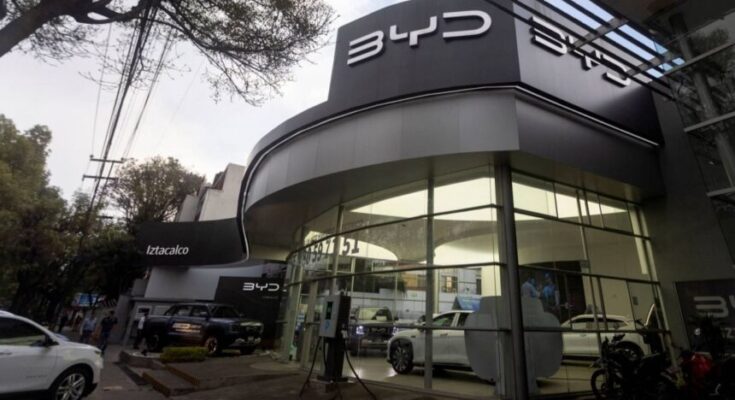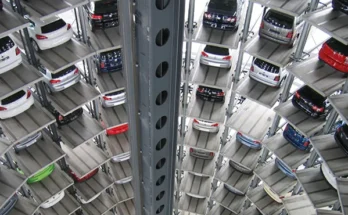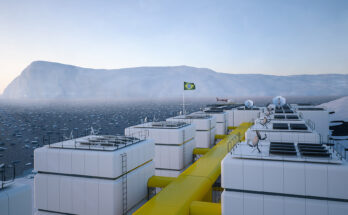Chinese automaker BYD has introduced a groundbreaking electric vehicle (EV) battery that can charge as fast as refuelling a gasoline car. The announcement, made during a major event in Shenzhen, China, is a turning point in EV charging technology.
According to Weibo post the company’s new Super E-Platform offers an astonishing 1,000kW charging speed, four times faster than Tesla’s 250kW Superchargers. With this technology, BYD claims EVs can gain up to 400 kilometres (249 miles) of range in just five minutes.
The first cars to feature this ultra-fast charging system will be the BYD Han L sedan and Tang L SUV, which will initially be available only in China. BYD has confirmed that mass production will begin soon, with the first deliveries expected in April 2025.
The Han L is priced at 270,000 yuan ($37,327), while the Tang L will start at 280,000 yuan ($38,710). These models are expected to set new industry standards in performance and efficiency.

The biggest concerns among potential EV buyers is charging time. Many drivers hesitate to switch to electric vehicles because charging takes significantly longer than refuelling a gasoline-powered car.
BYD aims to eliminate this issue by drastically reducing charging times and making EVs more convenient for daily use. The company is also planning to build over 4,000 high-speed charging stations across China to support the new technology.

BYD has been expanding rapidly and currently holds the largest EV market share in China, accounting for roughly one-third of all-electric car sales. In 2023, BYD surpassed Tesla as the world’s top EV manufacturer in terms of sales. While Tesla remains dominant in global markets, BYD’s fast growth indicates that it is becoming a serious competitor.
According to the International Energy Agency (IEA), electric vehicle adoption is accelerating worldwide. In 2023, 18% of all new cars sold globally were electric, up from 14% in 2022. Meanwhile, sales of petrol and diesel cars have been steadily declining.
Between 2018 and 2023, global fossil fuel vehicle sales dropped by 25%, from 83.7 million to 62.8 million. Experts believe that the world has already passed the peak of gasoline car sales, with electric vehicles expected to dominate the future.
Despite the impressive technology, the success of BYD’s Super E-Platform will depend on charging infrastructure. The ultra-fast charging speeds require specialized high-power charging stations, which are currently limited in number.
While BYD has pledged to install thousands of these stations in China, expanding them to global markets could take time. Industry analysts believe that widespread adoption of this technology will require cooperation between automakers, governments, and charging infrastructure providers.
BYD’s latest innovation arrives at a time when Tesla is facing challenges. Tesla’s stock has been declining, losing nearly 50% of its value in recent months. Investors are also adjusting their expectations, as the company faces increasing competition from Chinese automakers.
Tesla’s Superchargers, which can add up to 275 kilometres (170 miles) of range in 15 minutes, are now being outpaced by BYD’s new system, which delivers nearly 500 kilometres (292 miles) in just five minutes. This technological edge could help BYD attract more customers, especially in markets where charging speed is a key factor in EV adoption.
The company is also integrating advanced driver-assistance systems and enhancing vehicle performance. The Han L sedan and Tang L SUV, built on the new platform, will feature record-breaking acceleration, reaching 100 kilometres (62 miles) per hour in just two seconds. This places BYD in direct competition with high-performance EV brands worldwide.




